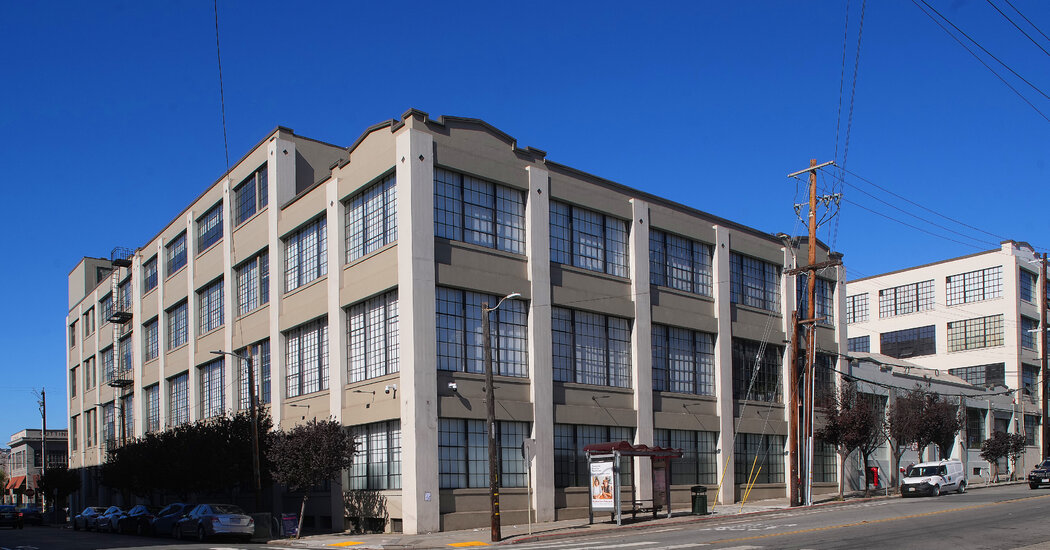OpenAI Courts Trump With Vision for ‘A.I. in America’
The maker of ChatGPT hopes to spur investment from the Middle East and avoid strict regulations on the development of new technologies.


The maker of ChatGPT hopes to spur investment from the Middle East and avoid strict regulations on the development of new technologies.
In December, Sam Altman, OpenAI’s chief executive, donated $1 million to President-elect Donald J. Trump’s inaugural fund, joining a number of other tech executives who are working to improve their relationships with Mr. Trump.
Now, he and his company are laying out their vision for the development of artificial intelligence in the United States, hoping to shape how the next presidential administration handles this increasingly important technology.
On Monday, OpenAI released what it calls its economic blueprint for “A.I. in America,” suggesting ways that policymakers can spur development of A.I in the United States, minimize the risks posed by the technology and maintain a lead over China.
“We believe America needs to act now to maximize A.I.’s possibilities while minimizing its harms,” Chris Lehane, OpenAI’s head of global policy, wrote in the 15-page document. “We want to work with policymakers to ensure that A.I.’s benefits are shared responsibly and equitably.”
OpenAI launched the A.I. boom in late 2022 with the release of the online chatbot ChatGPT. The company continues to lead the field but faces countless competitors. One of its biggest rivals, xAI, is led by Elon Musk, who has developed a close relationship with Mr. Trump.
Many A.I. companies and independent experts believe that technologies like ChatGPT can increase economic growth by accelerating work and research in areas as far-flung as computer programming, medicine, education and finance. But continued development of these technologies requires enormous amounts of raw computing power and electricity.







